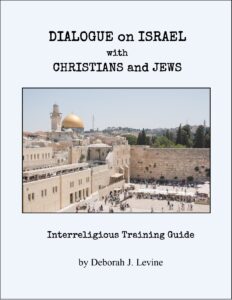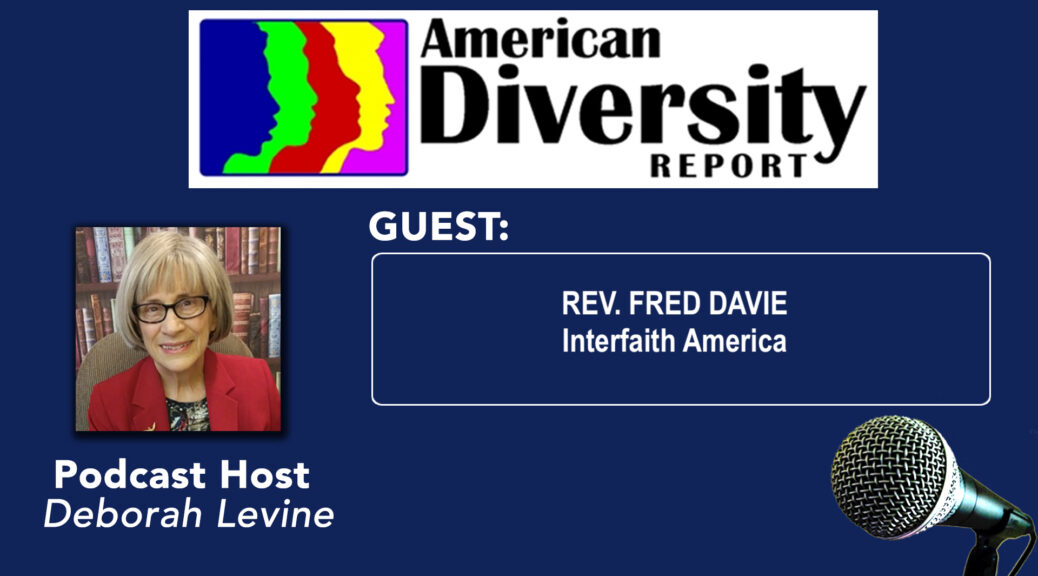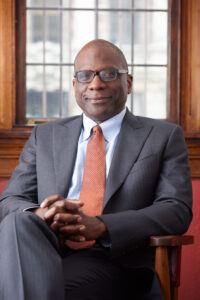Why It Matters:
Belonging, Values, Socialization, Structure, Aspirations, and Community
As I reflect on the importance of finding common ground among people of diverse customs, beliefs, and religions, I am reminded of the values and principles that have been taught throughout my life. My journey, filled with a sense of purpose, has shown me the significance of building bridges that connect individuals, regardless of their differences. It is in understanding and embracing our shared humanity that we can truly bring about the impact of belonging, uphold core values, shape the way we socialize, give structure to our lives, and reach our collective aspirations as a global community.
Continue reading Common Ground for Customs, Beliefs, and Religions – by Lee Webster

 With Hoffman’s message in mind, we should magnify our efforts to preserve the languages, cultures and traditions that have made our diverse world so memorable, including Yiddish.
With Hoffman’s message in mind, we should magnify our efforts to preserve the languages, cultures and traditions that have made our diverse world so memorable, including Yiddish. The goal of this manual is to design new ways to discuss Israel, focusing on basic religious themes. The Middle East is often seen as a confusing array of political, economic, military strategy, and religion. Amidst this confusion, religious themes are an important element in shaping American attitudes toward Israel, and this volume helps prepare leadership to engage in an interreligious dialogue about Israel and the Middle East.
The goal of this manual is to design new ways to discuss Israel, focusing on basic religious themes. The Middle East is often seen as a confusing array of political, economic, military strategy, and religion. Amidst this confusion, religious themes are an important element in shaping American attitudes toward Israel, and this volume helps prepare leadership to engage in an interreligious dialogue about Israel and the Middle East. A specter is haunting America and it is not socialism and certainly not communism. It’s the obscene specter of Americans being forced to kneel in submission to an extremist “winner take all” religious ideology seeking to transform the United States into a “Christian nationalist” country where Christian supremacy in its many forms supersedes all human laws – including and especially the American Constitution.
A specter is haunting America and it is not socialism and certainly not communism. It’s the obscene specter of Americans being forced to kneel in submission to an extremist “winner take all” religious ideology seeking to transform the United States into a “Christian nationalist” country where Christian supremacy in its many forms supersedes all human laws – including and especially the American Constitution.
 Reverend Fred Davie is a Senior Advisor for Racial Equity at Interfaith America, where he executes programming with a primary focus on the intersection of race and religion. He is also a minister in the Presbytery of New York City, and recently served as the Executive Vice President at Union Theological Seminary.
Reverend Fred Davie is a Senior Advisor for Racial Equity at Interfaith America, where he executes programming with a primary focus on the intersection of race and religion. He is also a minister in the Presbytery of New York City, and recently served as the Executive Vice President at Union Theological Seminary.